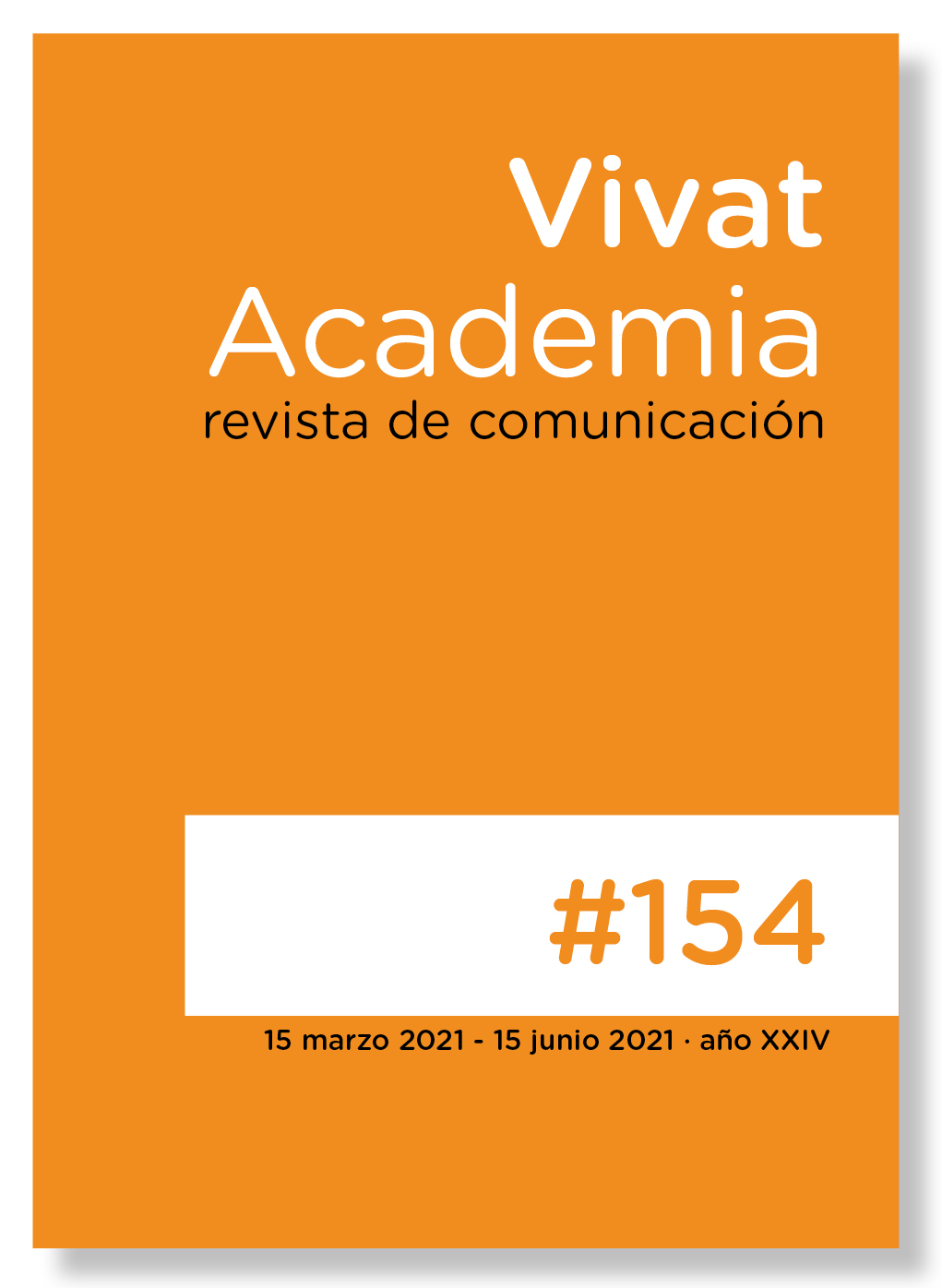University websites for academic and research visibility
Main Article Content
Abstract
This research presents an analysis of the websites of 20 Cuban universities attached to the Ministry of Higher Education (MES) of Cuba. Its design is based on the construction of the analytical representation of four fundamental dimensions: content, appearance, accessibility, and SEO positioning. The essential objective of the work is to analyze the state of the websites of Cuban universities. To do this, we proceed to the definition and application of a group of indicators that will allow us to analyze the content, appearance, accessibility, and SEO positioning respectively. Based on the scientific literature on digital communication management and, specifically, on the management of university websites, these indicators and a series of parameters were defined that made it possible to evaluate the current situation of the Cuban university. This study on Cuban university websites shows not very encouraging results in content management and, above all, deficiencies in communication and dissemination of the functions of these centers, as institutions that link teaching and research with social development.
Downloads
Article Details

This work is licensed under a Creative Commons Attribution-NonCommercial-ShareAlike 4.0 International License.
The main author must deliver the letter of transfer of copyright, according to the model provided by Vivat Academia, Revista de comunicación, which declares the transfer of copyright to the journal and make explicit the rights of authors regarding the dissemination and use of the manuscript once published.
Creative Commons Attribution/Non Commercial 4.0 International
References
Aguillo, I. F. y Granadino, B. (2006). Indicadores web para medir la presencia de las universidades en la Red. Revista de Universidad y Sociedad del Conocimiento (RUSC), 3 (1), 68-75. http://www.uoc.edu/rusc/3/1/dt/esp/aguillo_granadino.pdf. DOI: https://doi.org/10.7238/rusc.v3i1.275
Blanco Sánchez, T. (2014). La comunicación online de las marcas universitarias españolas en sus sedes webs. https://dialnet.unirioja.es/servlet/tesis?codigo=41857
Codina, L. (2000). Evaluación de recursos digitales en línea: conceptos, indicadores y métodos. Revista Española de Documentación Científica, 23 (1), 9–44. https://doi.org/10.3989/redc.2000.v23.i1.315. DOI: https://doi.org/10.3989/redc.2000.v23.i1.315
Cruz Palacios, E. de la. (2019). Centro de Recursos para la Enseñanza y el Aprendizaje en una Educación basada en Competencias Digitales: Gaming y Videojuegos para las Alfabetizaciones Múltiples y la Formación del Profesional de la Información [tesis de maestría, Universidad Carlos III de Madrid].
Etecsa llega a los cuatro millones de clientes con acceso a Internet desde los celulares. (2020). Cubadebate. http://www.cubadebate.cu/noticias/2020/08/12/etecsa-llega-a-los-cuatro-millones-de-clientes-con-acceso-a-internet-desde-los-celulares/.
Jiménez Piano, M. (2001). Evaluación de sedes web. Revista Española De Documentación Científica, 24 (4), 405–432. https://doi.org/10.3989/redc.2001.v24.i4.69. DOI: https://doi.org/10.3989/redc.2001.v24.i4.69
Jiménez, M., & Ortiz-Repiso, V. (2007). Evaluación y calidad de sedes web. Gijón: Ediciones Trea. https://www.trea.es/books/evaluacion-y-calidad-de-sedes-web
Ramos Vielba, I. y Clabo Clemente, N. (2008). Calidad de las sedes web de las OTRI universitarias andaluzas: contenidos, usabilidad y accesibilidad. Revista Española De Documentación Científica, 31 (3), 366–395. https://doi.org/10.3989/redc.2008.v31.i3.434. DOI: https://doi.org/10.3989/redc.2008.v31.i3.434
Tardío-Crespo, V. y Álvarez-Álvarez, C. (2018). Análisis de las Páginas Web de los Centros Públicos de Educación Secundaria de Cantabria (España). REICE. Revista Iberoamericana sobre Calidad, Eficacia y Cambio en Educación, 16 (3), 49-65. https://doi.org/10.15366/reice2018.16.3.003. DOI: https://doi.org/10.15366/reice2018.16.3.003
Thelwall, M., & Aguillo, I. F. (2003). La salud de las web universitarias españolas. Revista Española De Documentación Científica, 26(3), 291–305. https://doi.org/10.3989/redc.2003.v26.i3.139 DOI: https://doi.org/10.3989/redc.2003.v26.i3.139
W3C (2016). Non-text Content: Understanding SC 1.1.1. Recuperado de: https://www.w3.org/TR/UNDERSTANDING-WCAG20/text-equiv-all.html.





